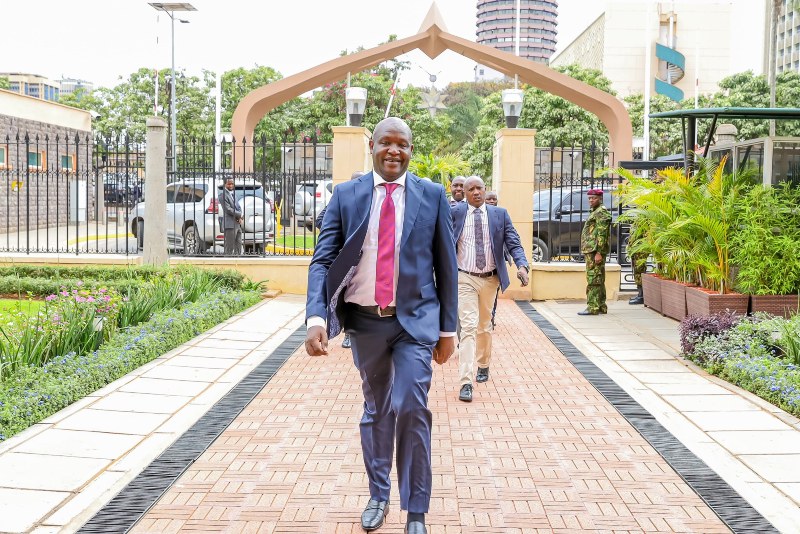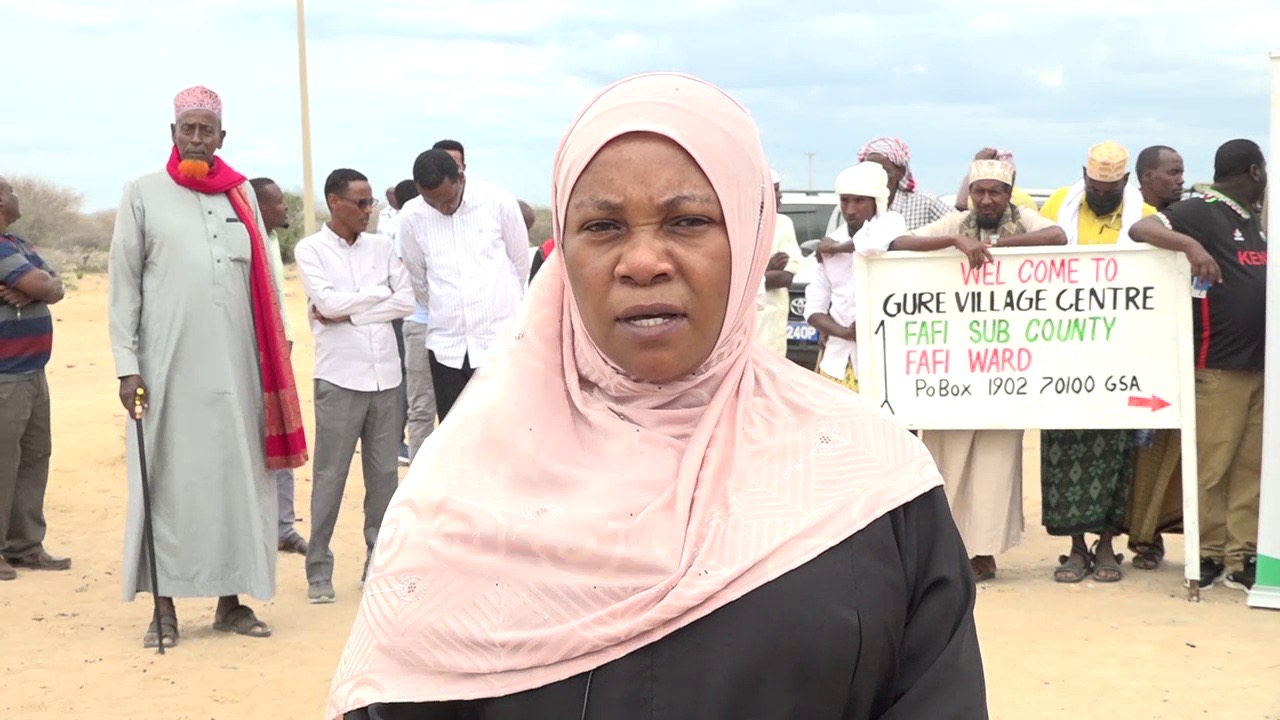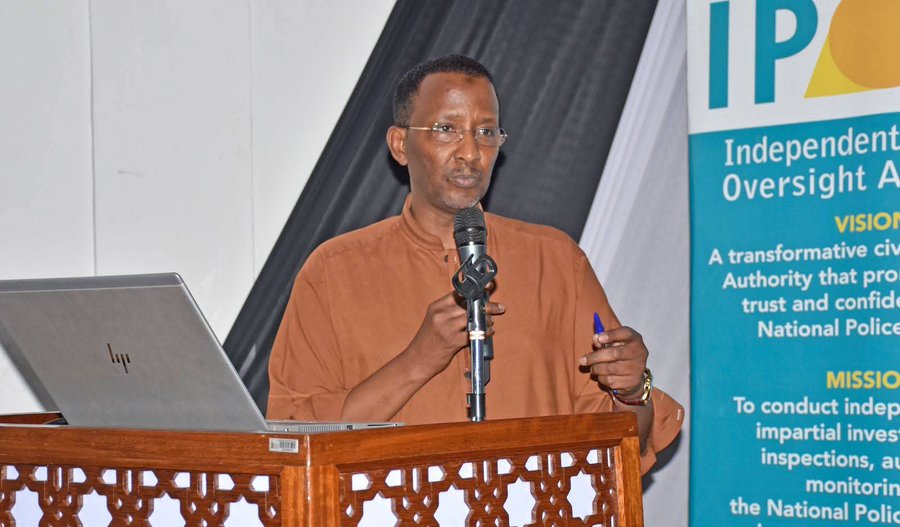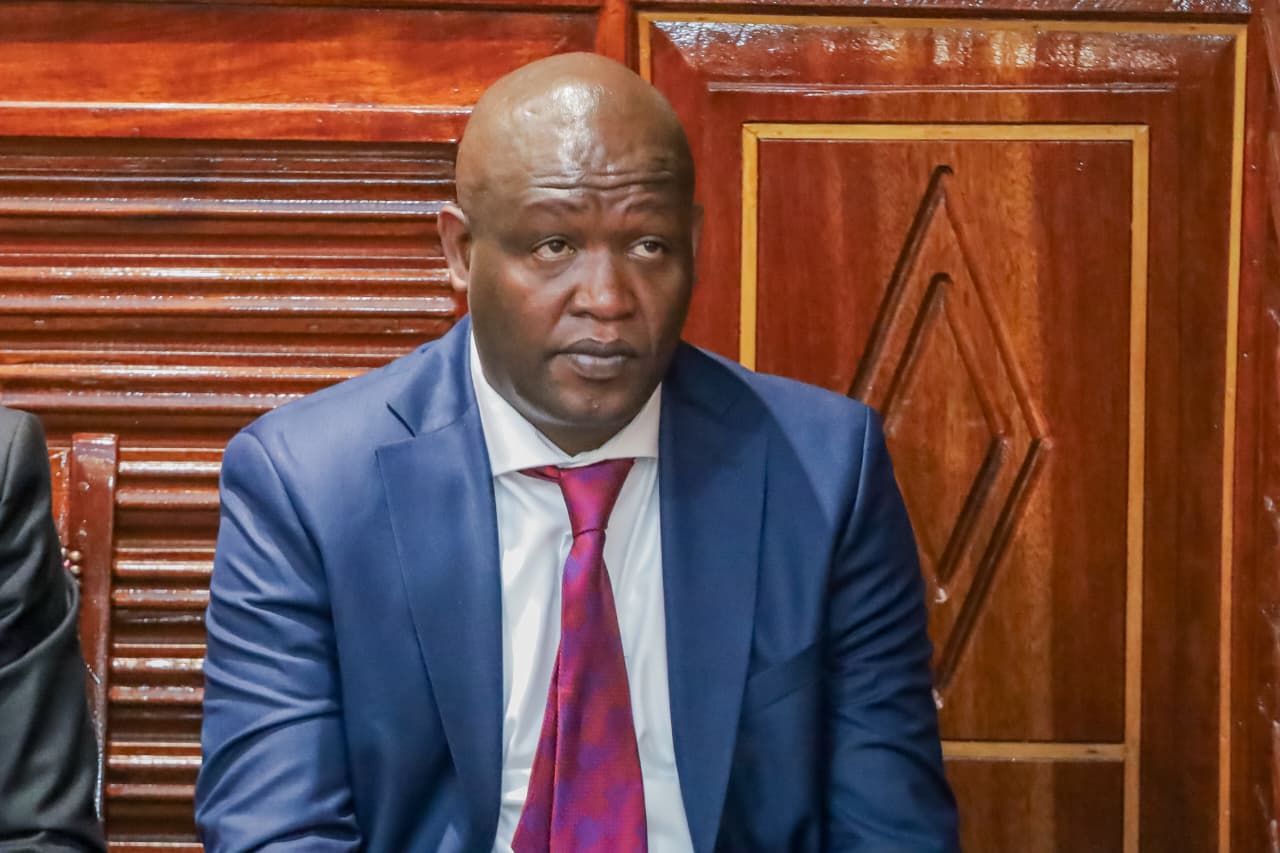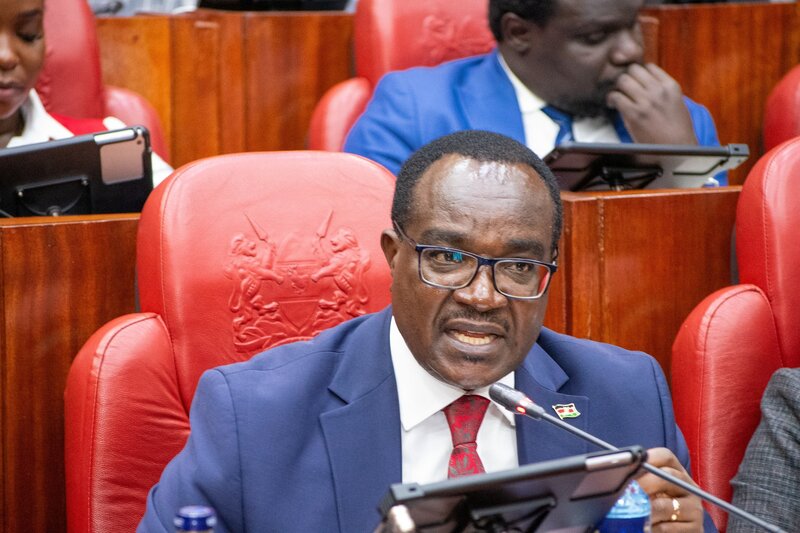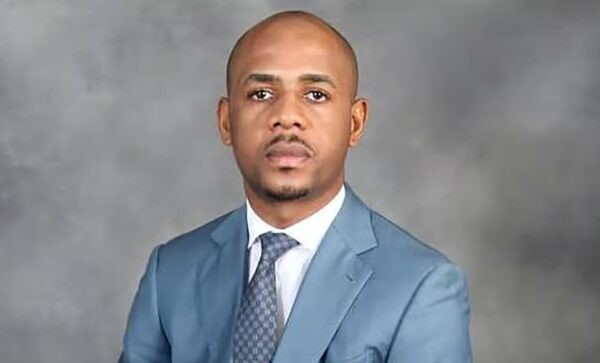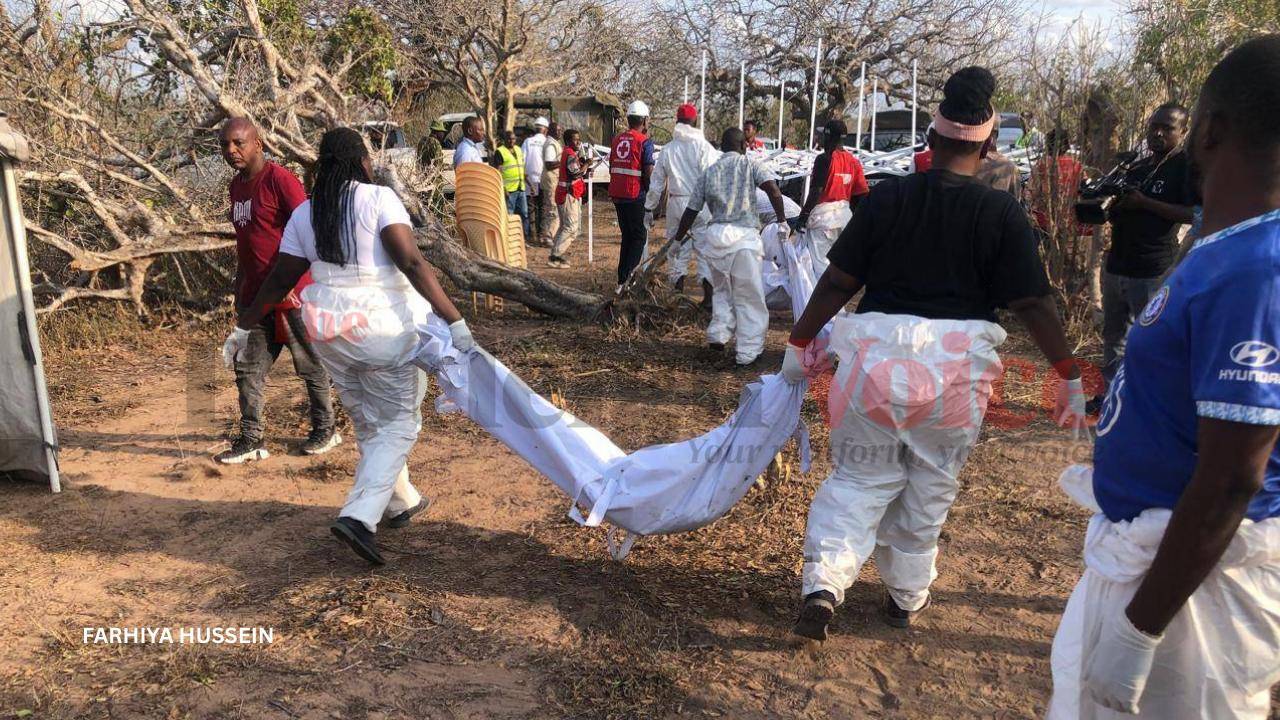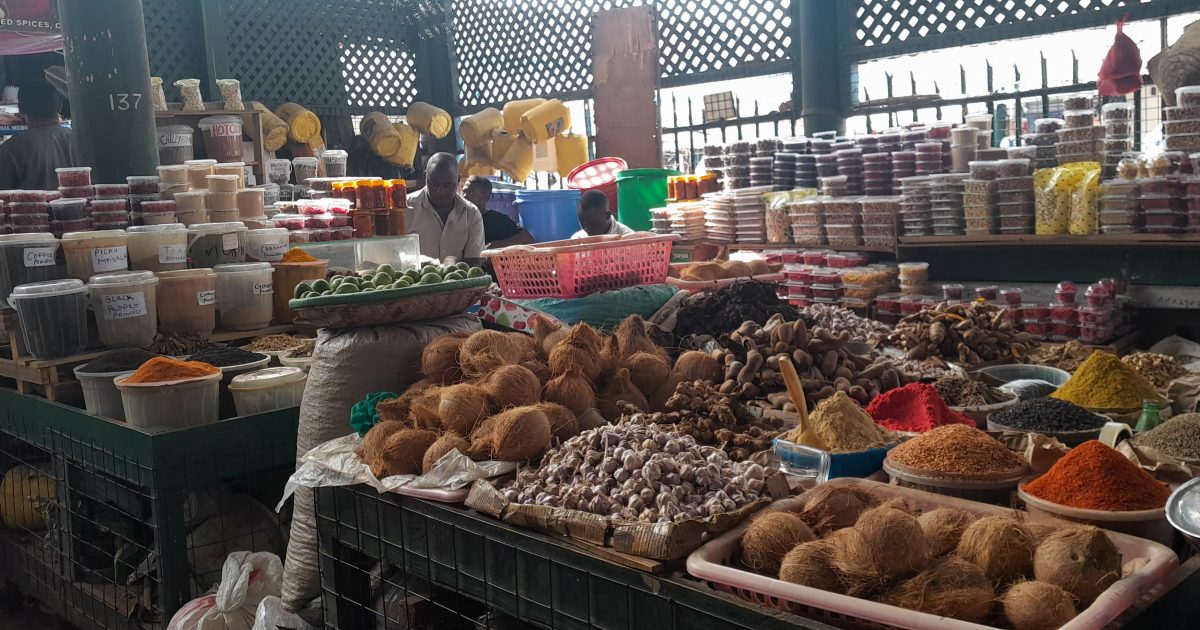What happens if an Iranian president dies in office?
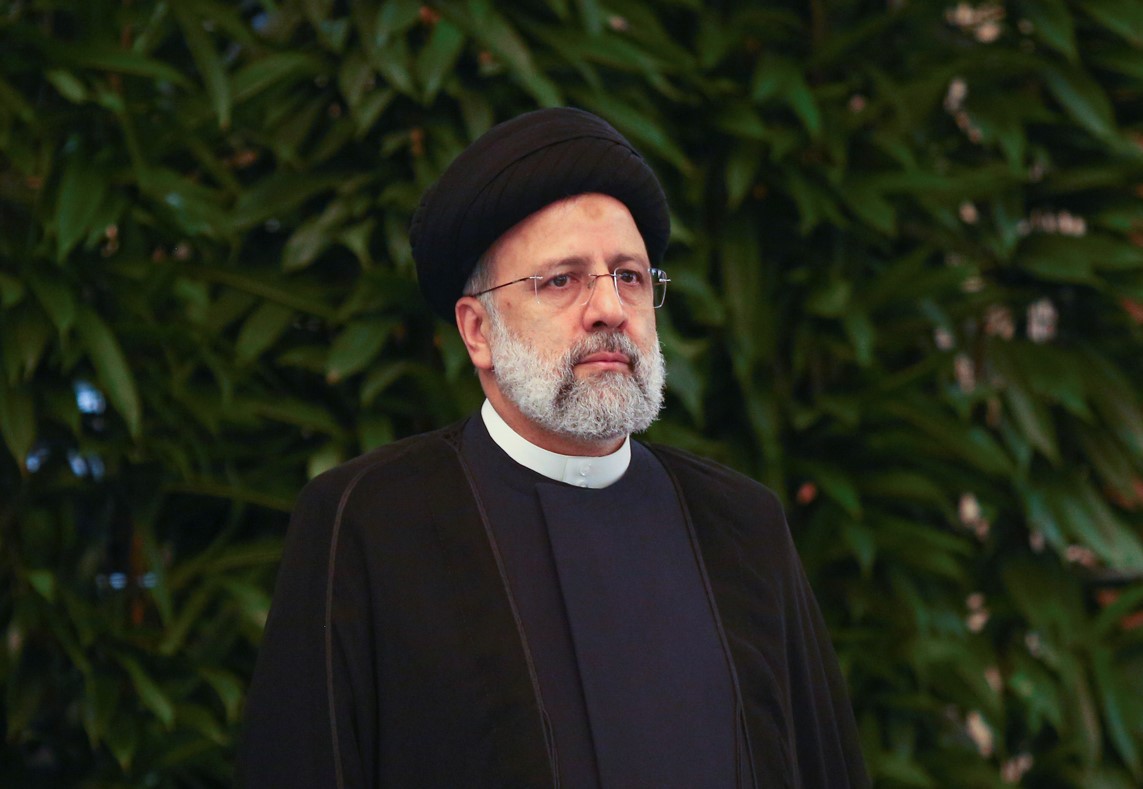
According to article 131 of the Islamic Republic's constitution, if a president dies in office the first vice president takes over, with the confirmation of the supreme leader, who has the final say in all matters of state.
Hopes are fading that Iranian President Ebrahim Raisi and his foreign minister have survived a helicopter crash in mountainous terrain and icy weather after search teams located the wreckage.
Raisi had been at the Azerbaijani border on Sunday to inaugurate the Qiz-Qalasi Dam, a joint project. Azerbaijan's President Ilham Aliyev, who said he had bid a "friendly farewell" to Raisi earlier in the day, offered assistance in the rescue.
More To Read
- Iran approves six candidates to run for president
- Iran's ex-President Mahmoud Ahmadinejad to run in presidential election
- Iran registers presidential candidates for early vote after Raisi's death
- Iran Chief of Staff recounts last moments before Raisi's helicopter crashed
- Iran President Ebrahim Raisi and other world leaders who have died in helicopter crashes
- Bell helicopters: Aircraft that killed Kenya's General Ogolla, Iran President Raisi
Below is a brief outline of what Iran's constitution says happens if a president is incapacitated or dies in office:
According to article 131 of the Islamic Republic's constitution, if a president dies in office the first vice president takes over, with the confirmation of the supreme leader, who has the final say in all matters of state.
A council consisting of the first vice president, the speaker of parliament and the head of the judiciary must arrange an election for a new president within a maximum period of 50 days.
Raisi was elected president in 2021 and, under the current timetable, presidential elections are due to take place in 2025.
Raisi, 63, was elected president in 2021, and since taking office has ordered a tightening of morality laws, overseen a bloody crackdown on anti-government protests and pushed hard in nuclear talks with world powers.
Iranian Supreme Leader Ayatollah Ali Khamenei, who holds ultimate power with a final say on foreign policy and Iran's nuclear programme, had earlier sought to reassure Iranians, saying there would be no disruption to state affairs.
The national broadcaster had stopped all regular programming to show prayers being held for Raisi across the country.
In Iran's dual political system, split between the clerical establishment and the government, it is Raisi's 85-year-old mentor Khamenei, supreme leader since 1989, who holds decision-making power on all major policies.
Top Stories Today
